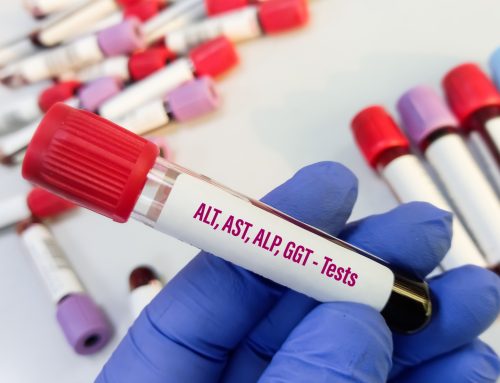
We Answered “The Healthcare AI Question No One Wants to Answer”
A recent article by Tarun Kapoor, called “The Healthcare AI Question No One Wants to Answer,” raises the important issue of AI’s potential and limitations in addressing the clinician shortage in healthcare. While Kapoor highlights the societal and ethical dilemmas in fully automating clinical workflows, it’s essential to understand how current AI technologies, especially those integrated into systems like Epic, are being used in evidence-based medicine.
Augmenting (Not Replacing) Clinical Experience with Healthcare AI
One of the promising applications of AI in healthcare is in the early detection of diseases such as colon cancer. AI algorithms can analyze routine blood tests, like CBCs, to identify patterns indicative of early cancer. These algorithms look for subtle changes in blood components that might not be immediately apparent to clinicians. This kind of AI application can significantly enhance early detection rates, leading to earlier interventions and potentially better outcomes for patients. It’s a perfect example of AI augmenting clinical expertise rather than replacing it.
Contrary to the concerns expressed in Kapoor’s article, this application of AI does not remove clinicians from the decision-making process. Instead, it provides them with additional, data-driven insights. Further, these insights can power proactive patient engagement upstream in the workflow without requiring time from physicians. Care coordinators – or even automated patient engagement software – use these AI-enabled insights to schedule patients for proactive interventions.
Kapoor’s article correctly identifies the challenge of balancing the benefits of AI with the risks of removing human oversight. However, most current AI technology operates in a supportive capacity, supplementing rather than supplanting clinical decision-making. The goal is not to replace clinicians but to provide them with tools that can process vast amounts of data more efficiently than a human could, allowing for more informed and timely decision-making.
AI in Addressing Resource Strain
Regarding AI’s role in addressing the clinician shortage, it’s important to note that AI’s current state is more suited to task automation and decision support rather than replacing the nuanced and complex judgments made by human clinicians. AI can significantly reduce the administrative burden on clinicians – for example, by automating documentation requirements – and assist in early detection and prevention strategies, thereby potentially decreasing the overall workload.
Imagine that as a gastroenterologist, you could spend your time in the endoscopy lab caring for more patients with GI disorders (because AI tools helped to risk-stratify patients at higher statistical risk), and you could spend less time documenting those encounters and associated office visits (because AI gave you solid first-draft documentation to review and finalize). That’s a win in anyone’s book.
There Is a Place for AI and Clinicians in the Future
In conclusion, while the concerns about the over-reliance on AI in clinical settings are valid, current AI technologies can support and enhance clinical decision-making. Examples like AI’s role in early detection of conditions like colon cancer demonstrate how AI can be integrated responsibly into healthcare workflows, supporting clinicians without removing their oversight.
This approach only aligns with evidence-based medicine principles and addresses some of the workforce challenges faced in healthcare today.


